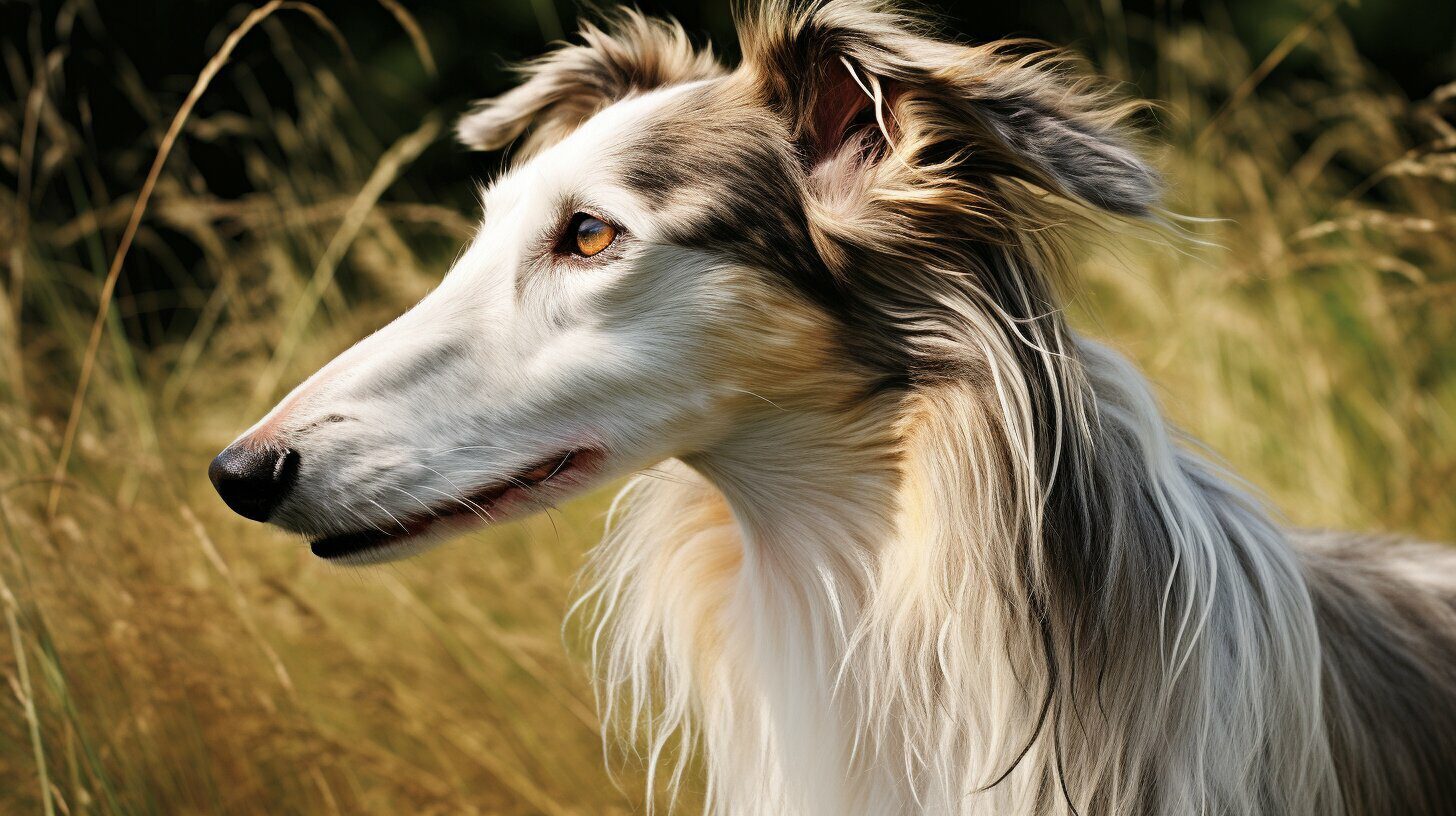When it comes to choosing a pet, many people consider intelligence as one of the important factors. If you’re wondering about the smartness of English Bulldogs, let’s explore the truth behind their intelligence. Bulldogs are known for their distinctive appearance and gentle nature, but are they also clever? Let’s find out!
Are English Bulldogs Smart?
- English Bulldogs may not be considered the most intelligent breed of dogs, but they have other unique characteristics that make them wonderful companions.
- Intelligence can vary among individual dogs within the breed, so it’s important to assess the temperament and compatibility with your lifestyle when choosing a pet.
- Selective breeding has had a significant impact on the intelligence and problem-solving abilities of English Bulldogs.
- Brachycephalic head shape in Bulldogs is associated with lower intelligence rankings compared to dolichocephalic and mesocephalic breeds.
- Factors like seeking social reassurance and distraction during problem-solving tasks can affect the perceived intelligence of Bulldogs.
Different Head Shapes of Dogs and Intelligence
When it comes to understanding a dog’s intelligence, their head shape can provide valuable insights. Canine head shapes can be categorized into three main types: dolichocephalic (long-headed), brachycephalic (short-headed), and mesocephalic (medium-headed).
Dolichocephalic breeds, such as the Afghan Hound and Greyhound, are characterized by their long and narrow heads. On the other hand, brachycephalic breeds, like the Pug and French Bulldog, have short and wide-skulled heads. Finally, mesocephalic breeds, such as the Golden Retriever and Beagle, fall somewhere in between.
A study conducted on various dog breeds found that there is a significant difference in intelligence ranking between dogs with different head shapes. Brachycephalic breeds tend to rank lower in intelligence compared to dogs with dolichocephalic or mesocephalic head shapes.
- Dolichocephalic dogs have long and narrow heads.
- Brachycephalic dogs have short and wide-skulled heads.
- Mesocephalic dogs fall somewhere in between with medium-sized heads.
This study suggests that head shape may have an impact on a dog’s cognitive abilities and problem-solving skills. It’s important to note that intelligence can vary among individual dogs within a breed, but the correlation between head shape and intelligence ranking is worth considering when choosing a pet.
The Impact of Selective Breeding on English Bulldogs
Selective breeding has played a significant role in shaping the physical characteristics of English Bulldogs and other dog breeds. With over 400 accepted breeds, dogs are easily recognizable based on their distinct characteristics resulting from selective breeding.
When it comes to English Bulldogs, their brachycephalic head shape is a key feature that sets them apart. Brachycephalic breeds have short, wide-skulled heads, which can impact their health and behavior. However, it also affects their intelligence and problem-solving abilities.
A study focusing on English Bulldogs and other brachycephalic breeds revealed that they tend to have lower success rates in solving problems compared to other breeds with different head shapes. They also took longer to solve the problems presented to them. These findings suggest that the genetic and physiological differences resulting from selective breeding may contribute to the variations in intelligence and problem-solving capabilities among different breeds.

It is important to note that brachycephalic breeds like English Bulldogs face certain health issues associated with their physical characteristics. These include respiratory problems, overheating, and difficulty regulating body temperature. These health concerns could also indirectly affect their cognitive abilities and overall problem-solving efficiency.
While selective breeding has led to the creation of distinct breeds with unique physical characteristics, it is crucial to consider the potential impact on their health and behavior. As we delve deeper into understanding the complexities of selective breeding, it becomes apparent that the physical aspects of dogs can influence their genetic and physiological makeup, ultimately affecting their intelligence, problem-solving capabilities, and overall well-being.
Other Factors Influencing Bulldog Intelligence
The study conducted on English Bulldogs and French Bulldogs suggested that their lower success rates in problem-solving tasks could be influenced by factors other than intelligence. The researchers found that brachycephalic breeds like English Bulldogs tended to spend more time looking at their owners compared to mesocephalic breeds. This behavior may indicate that the dogs were seeking help, social reassurance, or affection from their owners, which could distract them from fully focusing on the problem-solving tasks. This distraction could result in slower and less efficient problem-solving, making the dogs appear less intelligent on such tests.

Distraction From Seeking Social Reassurance and Attention
One possible explanation for the lower problem-solving efficiency of English Bulldogs is their strong inclination to seek social reassurance and attention from their owners. Unlike mesocephalic breeds, English Bulldogs tend to divert their attention towards their owners while attempting to solve problems, which may affect their overall problem-solving performance. This distraction could be attributed to their personality traits and the significance they place on human interaction. English Bulldogs are known for their affectionate and people-oriented nature, constantly seeking social reassurance and attention from their owners. This inclination towards seeking social reassurance and attention may divert their focus from the task at hand, resulting in slower problem-solving and a perceived lower level of intelligence.
Personality Traits and Problem-Solving Efficiency
In addition to distraction, the personality traits of English Bulldogs can also influence their problem-solving efficiency. While intelligence is an important factor, certain personality traits can impact how quickly and effectively a dog solves problems. English Bulldogs are known for their tenacity and determination, which can be advantageous in some situations. However, these traits may also make them more prone to approaching problems in a rigid and repetitive manner, hindering their ability to employ creative problem-solving strategies. This could contribute to their lower problem-solving efficiency compared to other breeds.
| Factors Influencing Bulldog Intelligence | Description |
|---|---|
| Distraction | English Bulldogs’ tendency to seek social reassurance and attention from their owners can distract them from fully focusing on problem-solving tasks, resulting in slower and less efficient problem-solving. |
| Personality Traits | While English Bulldogs possess certain personality traits, such as tenacity and determination, that can be advantageous in some situations, these traits may also lead to a more rigid problem-solving approach and hinder their overall problem-solving efficiency. |
Ranking of Bulldog Breed Intelligence
When it comes to understanding and obeying commands, the Afghan Hound has been ranked as the least intelligent breed, according to Professor Stanley Coren’s book “The Intelligence of Dogs.” In terms of obedience intelligence, Bulldog breeds, including English Bulldogs, are ranked third from the bottom. These rankings were based on surveys conducted with dog obedience judges.
However, it’s important to note that intelligence rankings can vary depending on the specific tests used. Different breeds may excel in different types of intelligence. While English Bulldogs may not be considered the most intelligent, it’s essential to remember that intelligence should not be the sole factor when choosing a pet.
Below is a visually engaging table that showcases the obedience intelligence ranking of Bulldog breeds:
| Bulldog Breed | Obedience Intelligence Ranking |
|---|---|
| English Bulldogs | Third from the bottom |
| French Bulldogs | Fourth from the bottom |
| American Bulldogs | Fifth from the bottom |
While Bulldog breeds may rank lower in obedience intelligence, it’s important to consider other factors such as temperament, health, and compatibility with your lifestyle when choosing a pet. English Bulldogs and other Bulldog breeds are known for their unique characteristics and make wonderful companions for many people.
Conclusion
While English Bulldogs may not be considered the smartest breed of dogs, intelligence should not be the only factor when choosing a pet. Bulldogs have their own unique characteristics and make wonderful companions for many people.
It’s important to remember that individual dogs within a breed can vary in intelligence, and there are other qualities to consider when selecting a dog, such as temperament, health, and compatibility with your lifestyle.
When it comes to the smartest dog breeds, there are several that top the list. Breeds like the Border Collie, Poodle, and German Shepherd have consistently been recognized for their high intelligence and ability to learn quickly. However, intelligence is just one aspect of what makes a great pet.
In the case of bulldogs, while they may not be the smartest breed overall, they have their own unique charm and are known for their loyalty and affection. Additionally, within the bulldog breed, there are variations in intelligence. Some bulldogs may surprise you with their problem-solving abilities and cleverness.
So, when considering a dog, remember that intelligence is just one piece of the puzzle. Consider your lifestyle, preferences, and the specific qualities that make a particular breed or individual dog a good fit for you. Whether your dog is a genius or not, the most important thing is the love and companionship they bring to your life.






